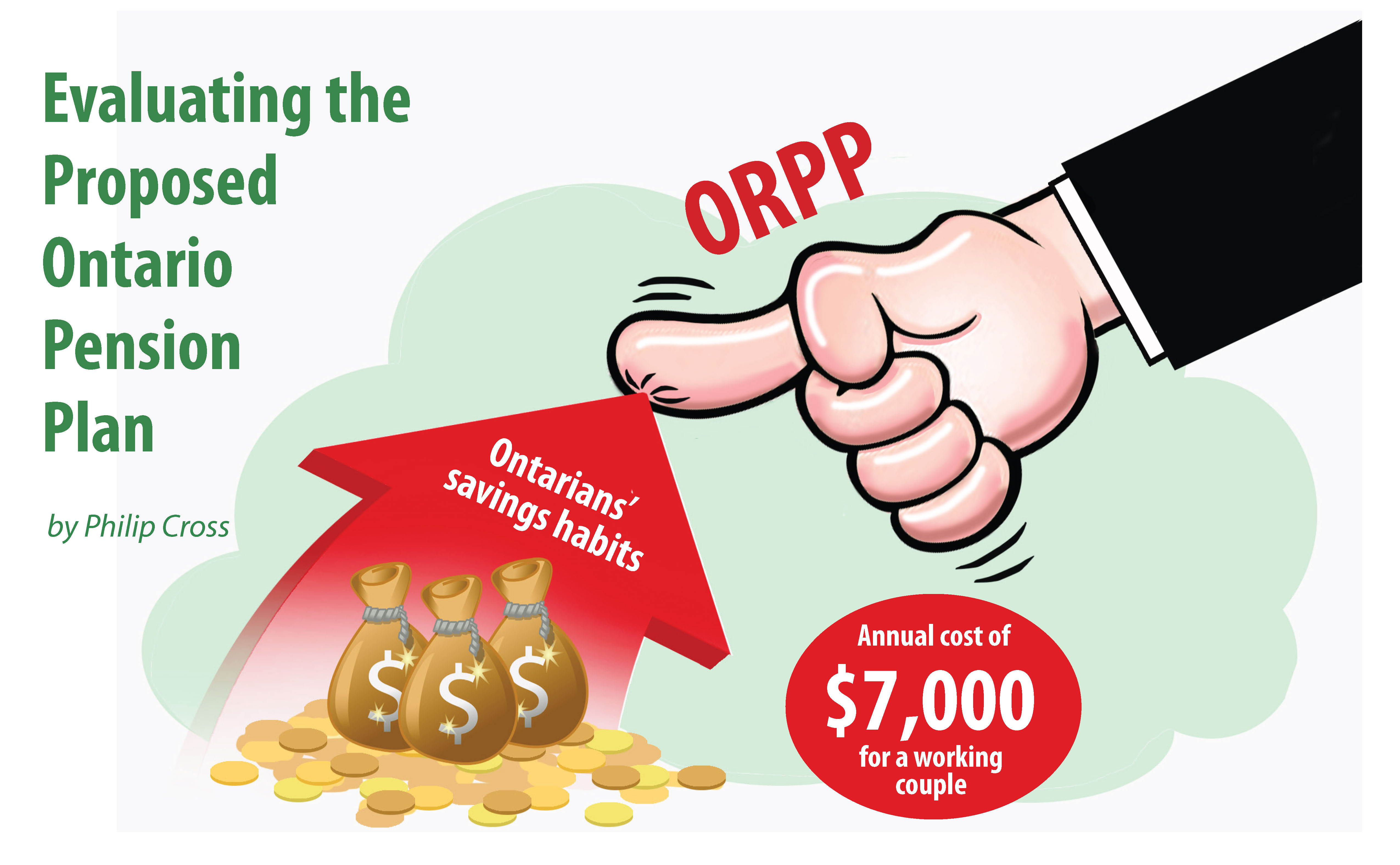Unlike an RRSP or TFSA, the CPP does not allow Canadians to withdraw money early.
retirement savings
The evidence does not support claims of a widespread retirement savings problem in Canada.
Earlier this month, Bill Morneau, the former chair of the C.D. Howe Institute, was appointed Canada’s minister of finance.
As the Ontario government moves ahead with plans for a new mandatory provincial pension program in January 2017, early signs suggest the program will be largely modelled after the Canada Pension Plan. Ontarians, however, would benefit from a broader debate that looks beyond their borders.
The Ontario government's proposal to supplement the Canada Pension Plan with its own compulsory pension plan is based on a series of faulty assumptions.
The upcoming meeting of federal and provincial finance ministers will touch on whats become a politically charged debate about expanding the Canada Pension Plan (CPP). Proponents have tried to convince Canadians they are not saving sufficiently for retirement with some even suggesting we are on the brink of a retirement crisis. These views simply do not reconcile with the available empirical evidence. Thankfully, theres no retirement crisis in Canada.
Some provincial politicians are again trying to make the dubious case that we have a "retirement income crisis" to revive calls for a mandatory expansion to the Canada Pension Plan (CPP). While the issue is set to be on the agenda at the annual federal-provincial finance ministers meeting in December, the reality is that the case for expanding CPP is built on shaky assumptions about retirement income inadequ


